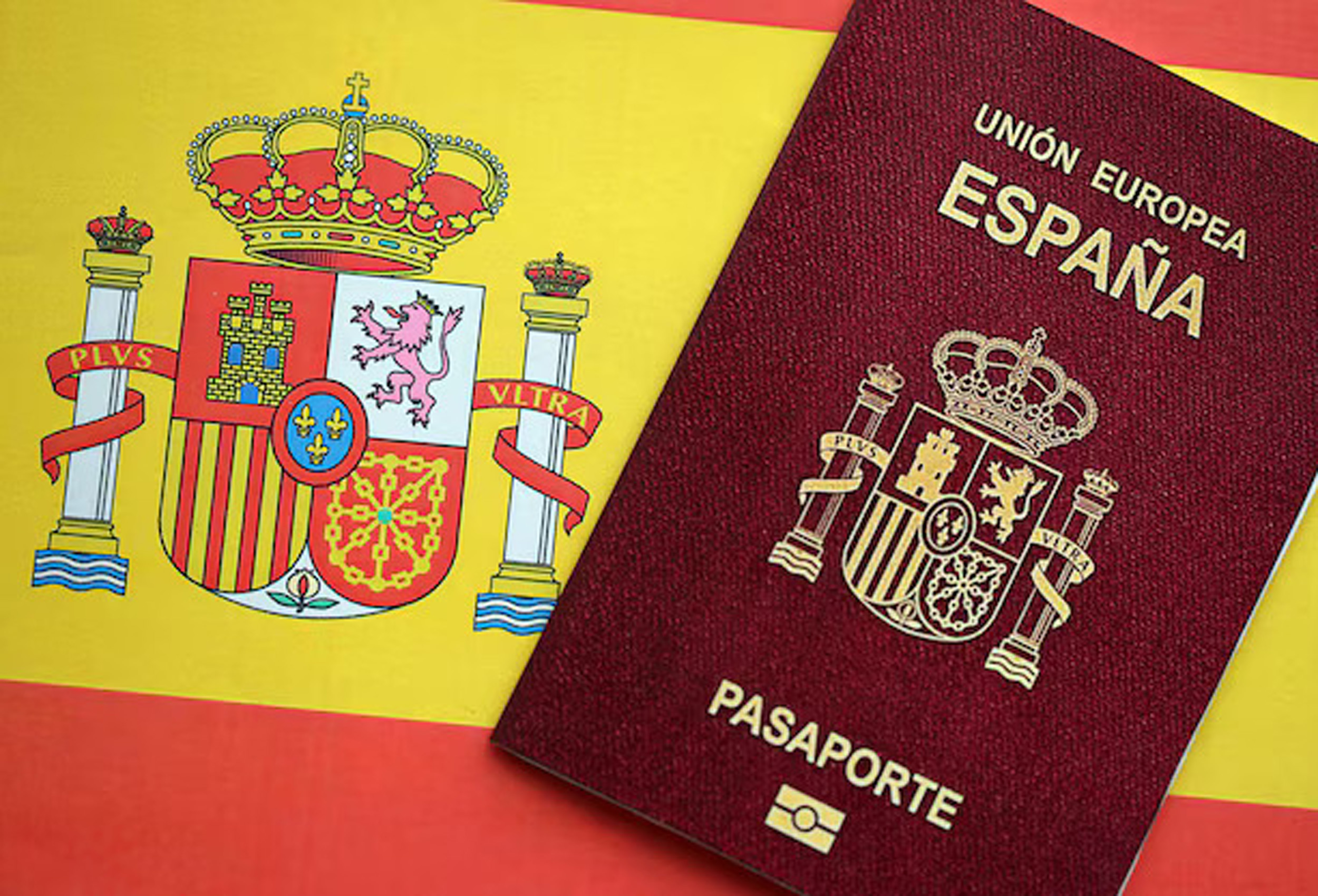Spain launched its digital nomad visa in January 2023, creating new opportunities for remote workers to live legally in one of Europe’s most appealing destinations. This visa allows non-EU citizens to work remotely for foreign companies whilst enjoying Spain’s Mediterranean climate, rich culture, and relatively affordable cost of living.
The Spanish government designed this programme to attract international talent and boost the economy through increased tourism and local spending. For digital nomads, it offers a pathway to European residency without the previous legal uncertainties that many remote workers faced.
Who Can Apply for Spain’s Digital Nomad Visa
The eligibility requirements for Spain digital nomad visa are specific and must be met before you begin your application. You need to be a non-EU citizen working remotely for companies based outside Spain. Your income must reach at least €2,334 per month, roughly equivalent to 200% of the Spanish minimum wage.
Your employment history matters significantly. You must demonstrate at least three months of remote work experience with your current employer or client base. Freelancers need to show established business relationships that predate their application by the same period.
Educational qualifications or professional experience requirements also apply. You need either a university degree or at least three years of professional experience in your field. The Spanish authorities want to attract skilled workers who can contribute meaningfully to the local economy.
Criminal background checks are mandatory from your home country and any nation where you’ve lived for more than six months in the past five years. These documents must be apostilled and translated into Spanish by certified translators.
How to Apply for the Spain Digital Nomad Visa
The application process begins at the Spanish consulate in your home country. You cannot apply from within Spain or whilst visiting on a tourist visa. Gathering the required documentation takes time, so start your preparation several months before your intended move date.
Your documentation package must include proof of income through bank statements, employment contracts, or client agreements. Health insurance covering your entire stay in Spain is mandatory, and the policy must provide comprehensive coverage including repatriation.
Processing times vary by consulate but typically range from four to eight weeks. Some consulates may require an in-person interview, though many now process applications through document submission alone. Application fees currently stand at approximately €60, though this varies slightly between consulates.
Once approved, you receive a visa valid for up to 12 months. This can be renewed for additional periods, and after five years of continuous residence, you may be eligible for permanent residency.
Why Spain Appeals to Digital Nomads
Spain offers practical advantages that make it attractive for remote work. The time zone alignment works well for European business hours, whilst still allowing some overlap with American clients. Internet infrastructure is reliable across major cities, with widespread fibre optic coverage.
The cost of living remains reasonable compared to other Western European countries. Monthly expenses in cities like Valencia or Seville can be 30-40% lower than equivalent locations in Germany or the UK. Even Barcelona and Madrid, whilst more expensive, offer better value than Paris or London.
Making Your Decision About Spain’s Digital Nomad Visa
Spain’s digital nomad visa creates genuine opportunities for qualified remote workers seeking European residency. The combination of favourable tax treatment, reasonable living costs, and quality of life makes it competitive with other European programmes.
Success depends largely on thorough preparation and realistic expectations. The administrative requirements are straightforward but must be completed precisely. Your remote work situation needs to be stable and compliant with the programme’s restrictions.
Consider whether Spain aligns with your long-term goals. The visa can lead to permanent residency, making it valuable for those seeking European citizenship pathways. However, the commitment required means it’s best suited to individuals planning extended stays rather than short-term adventures.
If your situation meets the eligibility criteria and Spain appeals as a base for your remote work, this visa programme offers a legitimate path to European living with clear legal status and attractive financial benefits.

